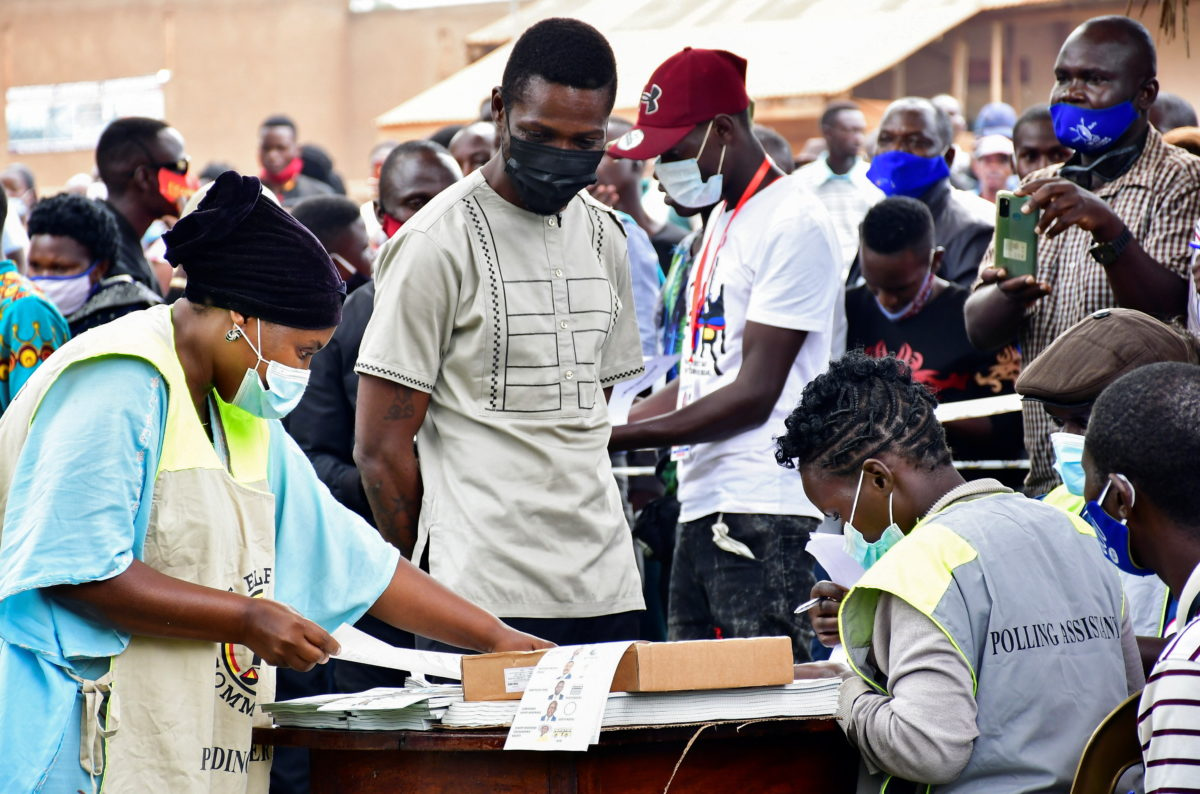Introduction to Uganda’s 2026 Elections
Uganda is gearing up for its next general elections in 2026, a pivotal moment that will shape the country’s political landscape. The upcoming polls are marked by several crucial points that highlight both the challenges and opportunities facing Ugandan democracy. This article explores key aspects of the 2026 elections, including constitutional reforms, electoral financing, voter participation, and the role of international observers.
Constitutional Reforms.
One of the most significant discussions surrounding the 2026 elections is the ongoing constitutional review process. Justice Minister Norbert Mao has initiated this process with a focus on addressing long-standing issues such as reinstating presidential term limits and reforming electoral laws. These reforms aim to enhance democratic governance by limiting executive power and ensuring fairer election processes. However, opposition leaders have expressed skepticism about these efforts unless they address critical concerns like political gerrymandering and how members of the Electoral Commission are appointed.
Proposed Reforms
- Presidential Term Limits: A key proposal is to reinstate term limits for presidents, which were abolished in 2005.
- Electoral Commission Reform: There is a push to involve independent bodies like the Judicial Service Commission in appointing Electoral Commission members.
- Gerrymandering: Opposition fears that creating new constituencies could favor President Museveni’s National Resistance Movement (NRM).
Electoral Financing.
The issue of campaign financing remains contentious. The Supreme Court has recommended enacting laws to regulate donations during campaigns. This includes addressing practices where incumbent candidates use state resources under guise of service delivery as campaign tools. Ensuring transparent funding mechanisms can help level the playing field among candidates.
Challenges
- Incumbent Advantage: Current rules often give an unfair advantage to incumbent candidates who can leverage state resources.
- Lack of Transparency: There is little oversight over private donations or foreign funding sources.
Voter Participation. Efforts are underway to increase voter participation by extending voting rights beyond traditional boundaries:
Expanded Voting Rights
- Prisoners’ Right to Vote: Proposals include allowing prisoners and Ugandans living abroad to cast ballots starting from 2026.
- Diaspora Engagement: Engaging diaspora communities could significantly impact election outcomes due to their economic influence back home.
However, logistical challenges such as funding gaps threaten these initiatives. The Electoral Commission faces a substantial budget shortfall that could impede preparations for free and fair elections.
Funding Gap Concerns
The Shs623.9 billion funding gap poses significant risks for conducting successful polls without delays or compromises on essential services like voter registration or polling station setup.
Role of International Observers.
International observers play a crucial role in ensuring election credibility by monitoring processes closely:
Importance
Their presence helps maintain transparency throughout nomination processes through election day itself.
They provide critical feedback on adherence to democratic standards which can influence international perceptions post-elections.
However, past experiences have shown mixed results regarding their effectiveness in preventing irregularities entirely due partly because some governments resist external scrutiny aggressively when deemed necessary politically at home domestically speaking here now today moving forward looking ahead into future times coming soon enough already almost upon us right around corner literally just months away now indeed very soon indeed!
Despite these challenges, there remains optimism about potential improvements if genuine reforms materialize:
Conclusion: Future Prospects;
As Uganda approaches its 2026 general elections, several factors will determine whether these polls mark progress toward more inclusive democracy or reinforce existing power structures:
- Implementation of Constitutional Reforms – Genuine changes must be made rather than mere proposals.
- Addressing Funding Gaps – Adequate financial support is essential for conducting credible elections.
- Enhanced Voter Participation – Expanding voting rights while ensuring inclusivity across different demographics will be vital.
Ultimately, how effectively Uganda navigates these complexities will set important precedents not only domestically but also regionally within East Africa’s evolving political landscape.
In Summary:
| Aspects | Key Points |
| Constitutional Reforms | Restoring term limits; reforming electoral commission appointments; addressing gerrymandering. |
| Electoral Financing. | Regulating campaign donations; Preventing misuse of state resources |
| Voter Participation. | Extending voting rights. (Prisoners & Diaspora); overcoming logistical challenges. |
| International Observers | Ensuring Transparency; Providing feedback on democratic Standards. |
These elements collectively underscore both opportunities for improvement and potential pitfalls facing Uganda’s path toward more robust democratic governance through its upcoming national polls in January 2026.

